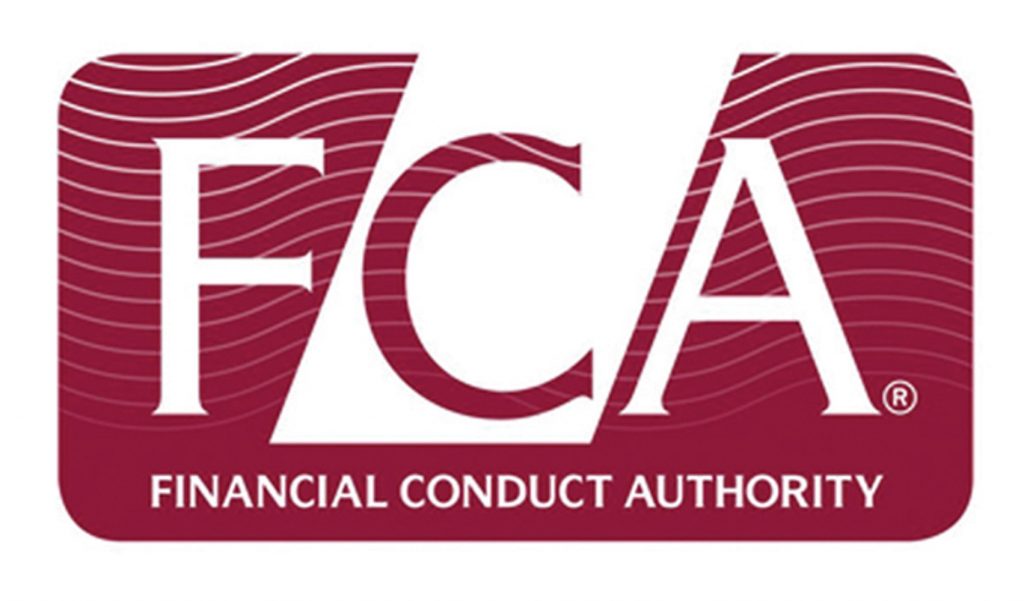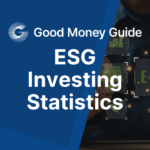What is greenwashing?
ESG has become an increasingly important investment theme over recent years, as we become more aware of climate change, the environment and social inequalities.
The C-suites of many large companies have taken note of this, and have for the most part implemented policies designed to reduce their carbon footprints and improve the sustainability of their businesses.
The uptake of ESG has also created an attractive opportunity for the fund and wealth management industries, whose customers want to do, and be seen to do, the right thing with their investments.
However whilst some managers created new products specifically aimed at meeting ESG goals, others have simply re-branded existing funds, or made token gestures in the direction of those goals. Through a process known as “greenwashing “.
Greenwashing can take many forms, for example, the attempt by certain automakers to circumvent emissions regulations in the US and Europe, or the miss-labelling of a fund or other collective investment scheme, which contains just one or two environmentally friendly, or sustainable investments.
The issue is widespread according to consultancy firm Deloitte, as many as 71.0% of almost 600 ESG funds failed to meet tests designed to show that they were in alignment with the Paris agreement on global emissions.
Deloitte also found that there was often little differentiation between the holdings in ESG and non-ESG funds, for example, nine of the 10 largest holdings in the $20.0 billion ESG optimised iShares MSCI USA ETF, are the same as the largest-weighted companies that make up the S&P 500.
At best greenwashing is a misrepresentation, but at its worst, it can be an outright attempt to deceive consumers and other end users.
What has the FCA proposed?
This is a practice that the FCA is determined to crack down on, and this week the regulator published a series of proposed rules to implement that.
The suggested measures include guidelines around product labelling and the appropriate use of ESG-related terminology, and disclosures.
Following the publication of the FCA proposals, a consultation period will remain open until January 25th 2023, during which time stakeholders will have a chance to air their views.
What do practitioners think?
Hargreaves Lansdown, the UK’s largest direct-to-consumer investing and share trading platform, was among the first to comment on the FCA’s suggestions.
Emma Wall, Head of Investment Analysis and Research at Hargreaves Lansdown said :
“We welcome the regulator’s efforts to bring some clarity to the growing number and wide variety of responsible investment funds. We know that confusing terminology can stop potential investors from selecting the right funds for them – for their personal wealth goals and ethical priorities”
And that
“Flows into responsible investment funds have held up well against a challenging market backdrop this year, but with this popularity comes the risk of greenwashing. Greater clarity within the sector, alongside a crackdown on greenwashing, will help drive better outcomes for investors as well as the planet and society.”
Hargreaves Lansdown has some 1.75 million clients and has assets under administration of £122.7 billion. The firm’s website has a section dedicated to ESG investing and it offers a range of ESG-focused funds from managers such as Aegon, Legal and General and Bank of New York Mellon.

With over 35 years of finance experience, Darren is a highly respected and knowledgeable industry expert. With an extensive career covering trading, sales, analytics and research, he has a vast knowledge covering every aspect of the financial markets.
During his career, Darren has acted for and advised major hedge funds and investment banks such as GLG, Thames River, Ruby Capital and CQS, Dresdner Kleinwort and HSBC.
In addition to the financial analysis and commentary he provides as an editor at GoodMoneyGuide.com, his work has been featured in publications including Fool.co.uk.
As well as extensive experience of writing financial commentary, he previously worked as a Market Research & Client Relationships Manager at Admiral Markets UK Ltd, before providing expert insights as a market analyst at Pepperstone.
Darren is an expert in areas like currency, CFDs, equities and derivatives and has authored over 260 guides on GoodMoneyGuide.com.
He has an aptitude for explaining trading concepts in a way that newcomers can understand, such as this guide to day trading Forex at Pepperstone.com
Darren has done interviews and analysis for companies like Queso, including an interview on technical trading levels.
A well known authority in the industry, he has provided interviews on Bloomberg (UK), CNBC (UK) Reuters (UK), Tiptv (UK), BNN (Canada) and Asharq Bloomberg Arabia.
You can contact Darren at darrensinden@goodmoneyguide.com




